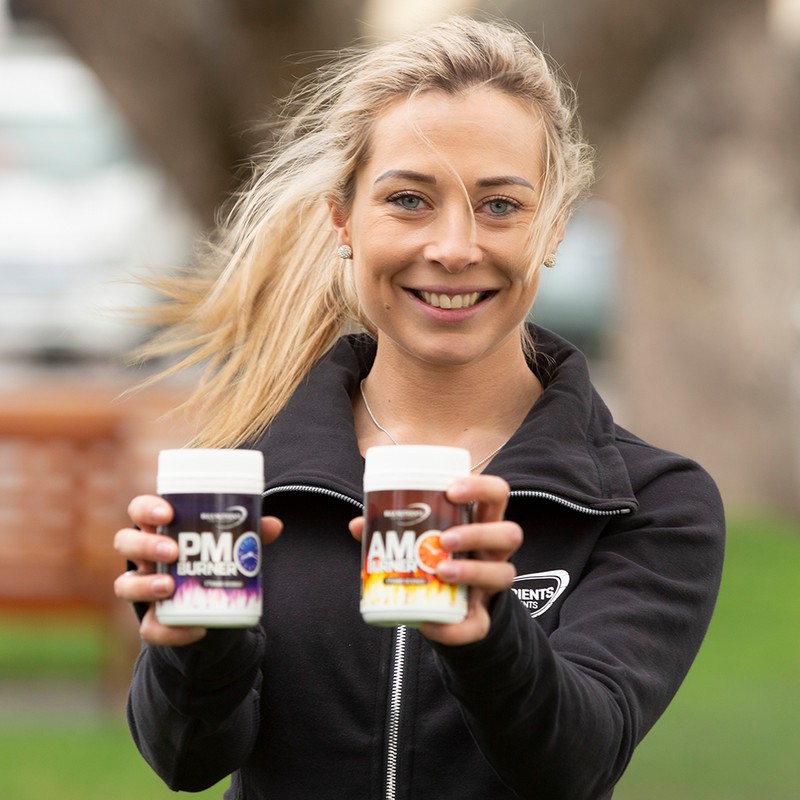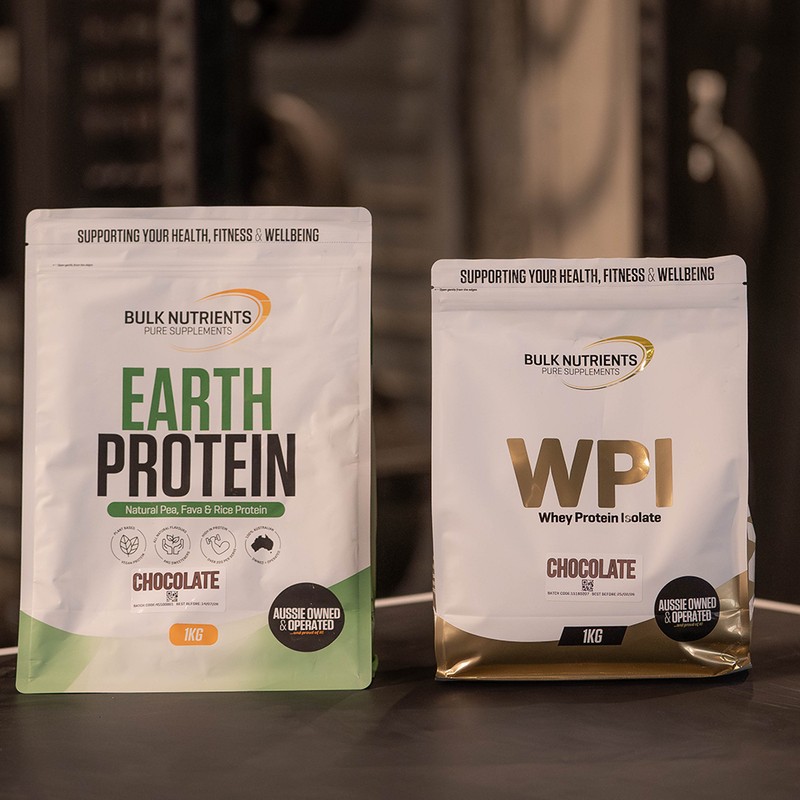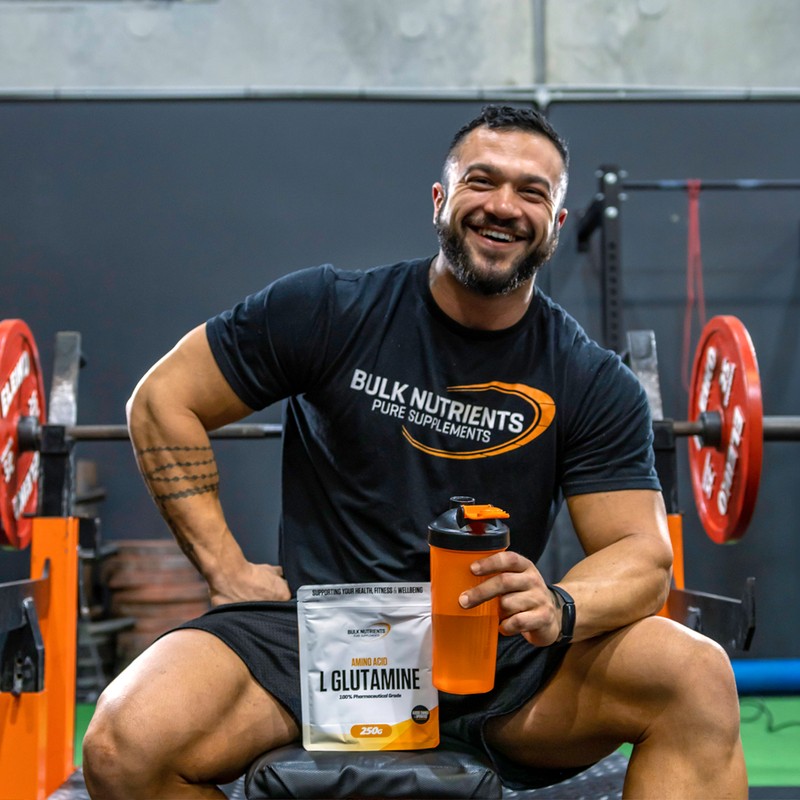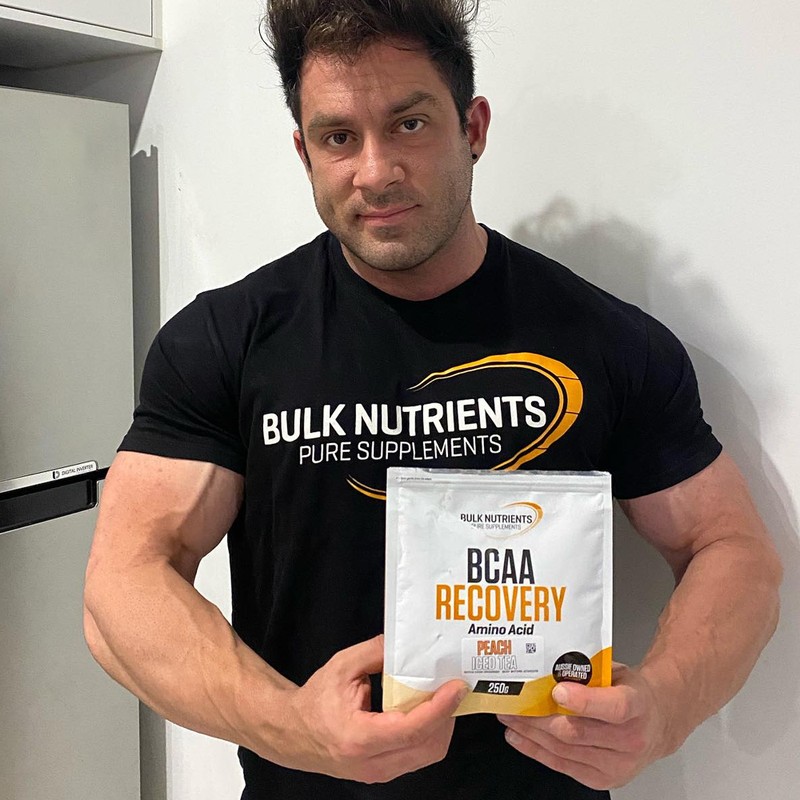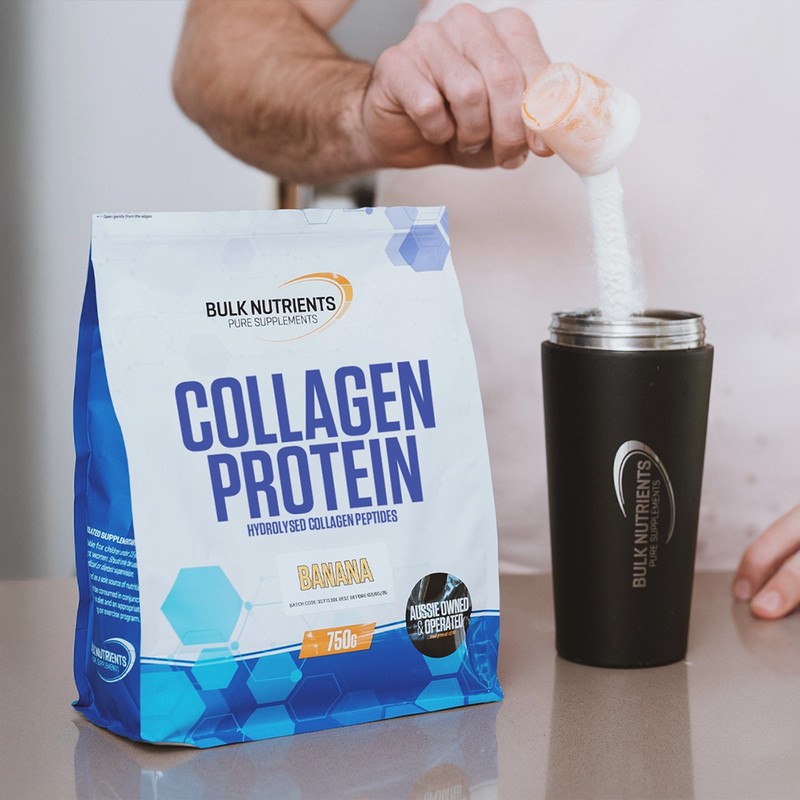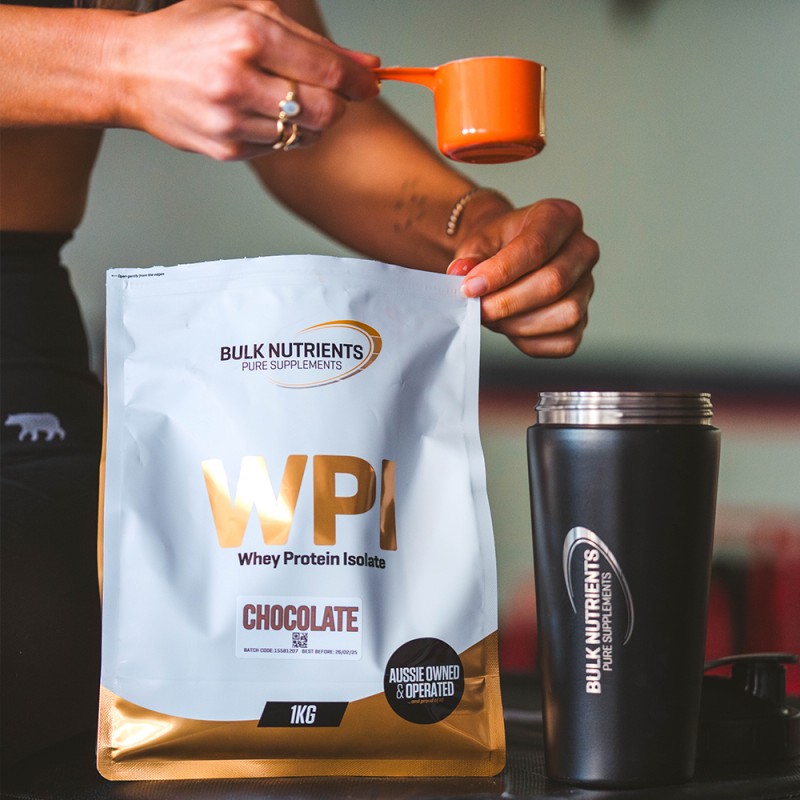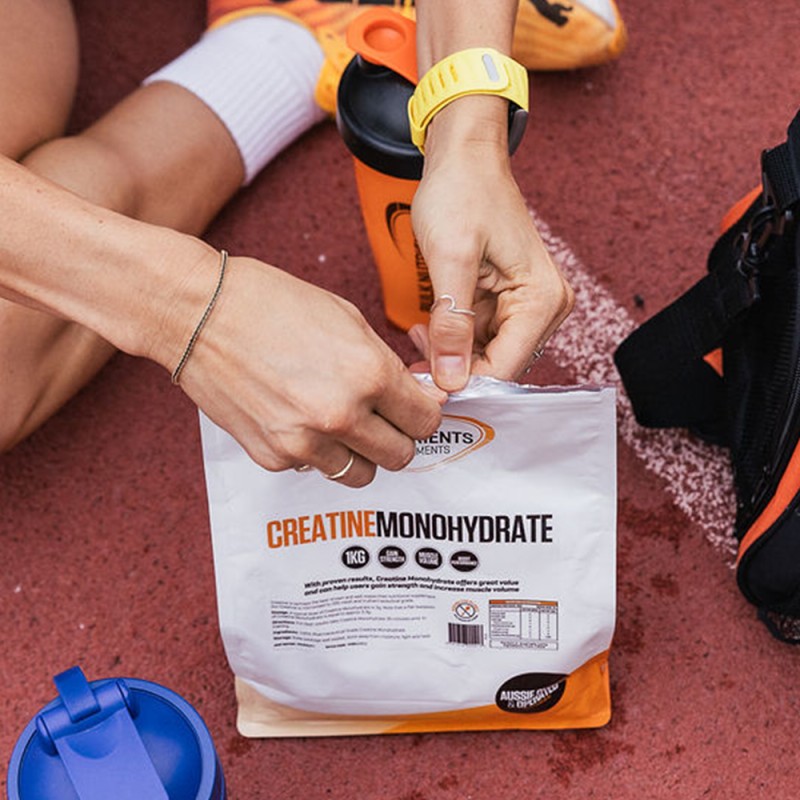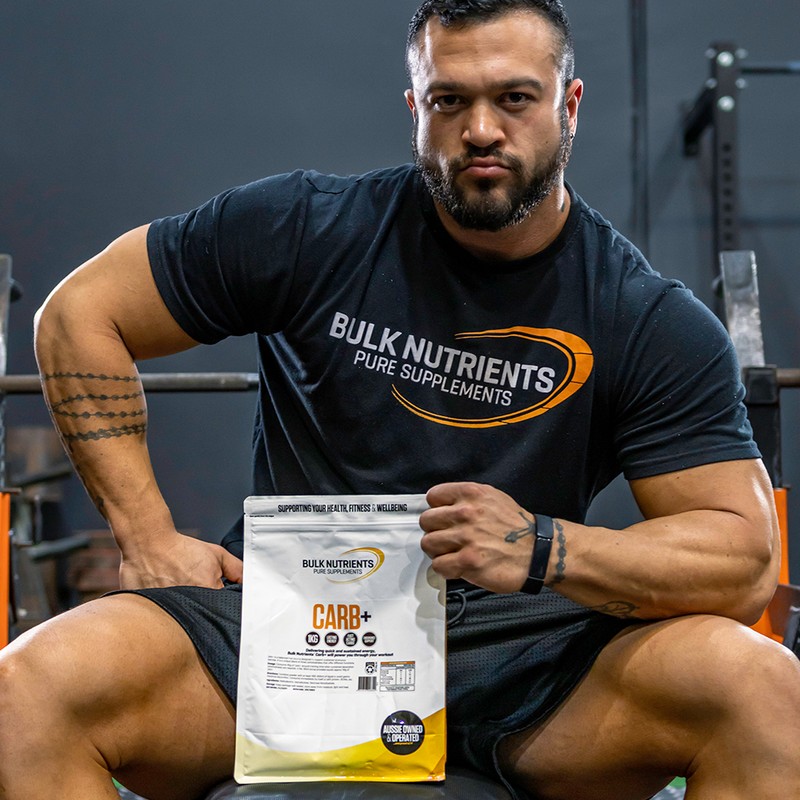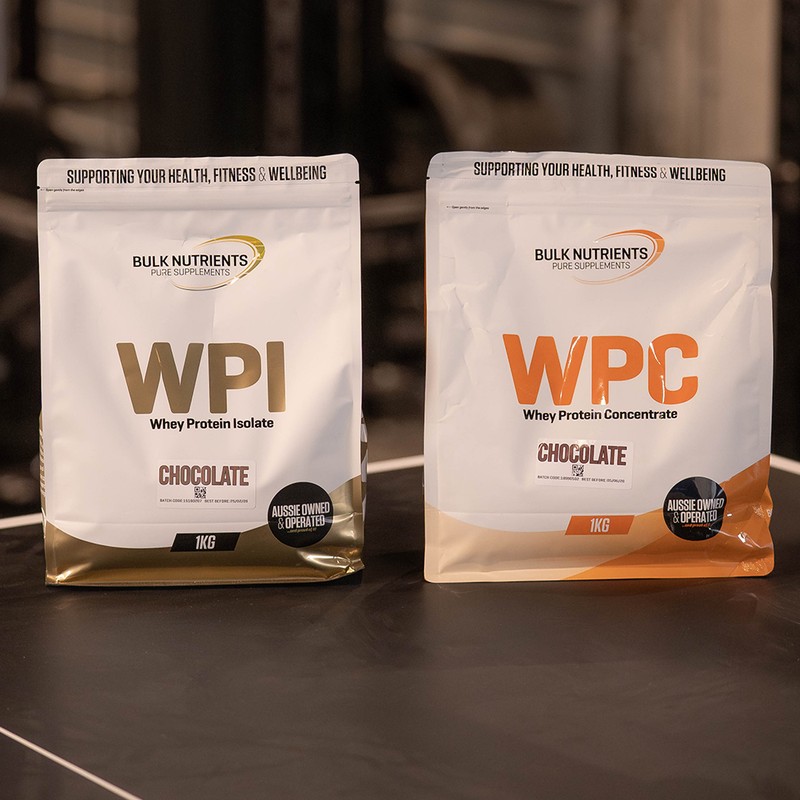Best Adaptogens for Recovery, Stress, and Gym Performance

What Are Adaptogens?
Adaptogens are a special class of herbs and plants that help your body adapt to stress — whether it’s physical, mental, or environmental. They’ve been used for centuries in systems like Ayurveda and Traditional Chinese Medicine, where they were prized for boosting resilience, energy, and balance.
Modern research suggests adaptogens work by regulating the body’s stress response, helping to keep things like cortisol (the “stress hormone”) in check. The result is better recovery, improved focus, and a body that’s more resilient to the demands of training and everyday life.
Because they’re generally considered safe and non-toxic, adaptogens are now making their way into the routines of athletes, gym-goers, and anyone chasing better performance and well-being.
Why Are Adaptogens So Popular?
Once the domain of traditional healers, adaptogens have now stepped firmly into the modern fitness and wellness spotlight. With busy lifestyles, demanding training schedules, and the pressure to perform, athletes and everyday gym-goers are turning to these herbs for natural support with stress, energy, and recovery.
Their appeal lies in how they interact with the body’s stress response, helping to promote balance and resilience. Early research — particularly on herbs like Rhodiola Rosea and Ashwagandha — suggests they may reduce mental fatigue and support cognitive performance. While findings are still emerging, the potential has been enough to spark widespread interest.
Adaptogens aren’t just a wellness buzzword; they’re increasingly seen as practical additions to complement good training, nutrition, and recovery. Let’s take a closer look at some of the most popular adaptogens and what role they might play in performance.

Ashwagandha: Stress Relief and Strength Support
Ashwagandha, sometimes called Indian ginseng, has been a cornerstone of Ayurvedic medicine for centuries. It was prized for boosting vitality and resilience. Fast-forward to today, and it’s one of the most researched adaptogens in sports nutrition — especially for its role in stress management and recovery.
One of Ashwagandha’s biggest drawcards is its ability to lower cortisol, the body’s primary stress hormone. High cortisol can interfere with muscle repair and even contribute to fatigue and overtraining. By keeping cortisol in check, Ashwagandha helps create a better environment for both physical performance and mental clarity.
And it doesn't just stop at stress management. Evidence shows that Ashwagandha can also deliver tangible performance benefits, with studies in resistance-trained men reporting significant increases in muscle strength and size compared to a placebo.
Rhodiola Rosea: Energy and Endurance Support
Rhodiola rosea, often called Arctic root, has a long history in traditional medicine across Russia and Scandinavia. It was used to combat fatigue and sharpen mental focus. Today, it’s gaining popularity in the fitness world as an adaptogen that helps athletes train harder and recover more effectively.
One of Rhodiola’s key strengths is its support of the hypothalamic-pituitary-adrenal (HPA) axis, the system that regulates your body’s stress response. By keeping this system balanced, Rhodiola helps reduce the impact of stress and delays fatigue, making it especially valuable for high-intensity or endurance training.
Modern research confirms its potential. A 2022 systematic review concluded that Rhodiola may reduce oxidative stress and muscle soreness, limit exercise-induced muscle damage, support recovery, and even improve explosive power.
Ginseng: Recovery and Muscle Support
Ginseng is one of the world’s most popular herbal supplements, often praised for boosting energy and resilience. But it may also have a place in recovery. Its key compounds, called ginsenosides, have antioxidant and anti-inflammatory effects that can help the body handle tough training sessions.
Recent research shows ginseng may reduce muscle damage caused by exercise and speed up the body’s natural repair process. In simple terms, it can help you bounce back quicker, recover between sessions, and better tolerate heavy training loads.
Ginseng could be a useful tool for reducing soreness and maintaining consistent performance for athletes and gym-goers alike
Cordyceps: Natural Energy and Recovery
Cordyceps is a type of medicinal fungus traditionally used in Chinese medicine to boost vitality. These days, it’s gaining attention for its potential to support stamina and recovery.
A pilot study in healthy older adults found that Cordyceps supplementation improved exercise performance and supported overall wellness. While more research is needed in athletes, the findings suggest it may help the body produce energy more efficiently and recover faster.
Cordyceps could be worth exploring for anyone looking for a natural way to support energy levels and resilience during training.

Holy Basil (Tulsi): Stress and Wellness Support
Holy Basil, also known as Tulsi, has been used in Ayurvedic medicine for centuries as a calming, restorative herb. Modern research suggests its benefits go beyond stress relief, with potential effects on overall health and recovery.
A review of 24 human studies found that Tulsi may help the body normalise glucose, blood pressure, and lipid levels, while also supporting resilience to psychological and immune-related stress. While large-scale trials are still needed, early evidence suggests that including Tulsi in your routine could support both physical and mental well-being.
For athletes, this means Holy Basil may help keep stress in check and contribute to overall balance — an important factor in staying consistent with training.
Schisandra: Strength and Recovery Potential
Schisandra, sometimes called the “five-flavour berry,” has been used in traditional Chinese medicine to support vitality and resilience. Today, researchers are starting to explore its possible role in muscle health and recovery.
A study in post-menopausal women found that Schisandra extract supplementation increased muscle strength and reduced resting lactate levels, suggesting it may help with muscle function and recovery. While more research is needed in different groups, these early findings point to Schisandra’s potential as a supportive herb for maintaining strength and performance over time.
For active individuals, this makes Schisandra an interesting option to watch as research continues — particularly if recovery and long-term resilience are high on your list.
The Bottom Line on Adaptogens
Adaptogens aren’t magic pills, but they can be useful allies when paired with smart training, good nutrition, and solid recovery habits. From Ashwagandha’s potential for strength and stress support to Rhodiola’s promise for reducing fatigue, and from Cordyceps’ early findings on energy to Holy Basil’s role in stress balance, these herbs each bring something different to the table.
The research is still growing, and results can vary between individuals, but early evidence suggests adaptogens may help with resilience, recovery, and overall performance. If you’re looking for an extra edge — whether that’s more consistent energy, better stress management, or bouncing back faster after tough sessions — adaptogens could be worth exploring as part of your broader wellness toolkit.

Nick is Bulk's Customer Service team's Technical Support Officer.
Which is our way of saying he's the guy whose job it is to answer your obscenely technical supplement questions.
More about Nick TelescaReferences:
- Panossian A, Wikman G. Effects of Adaptogens on the Central Nervous System and the Molecular Mechanisms Associated with Their Stress-Protective Activity. Pharmaceuticals (Basel). 2010 Jan 19;3(1):188-224. doi: 10.3390/ph3010188. PMID: 27713248; PMCID: PMC3991026. https://pmc.ncbi.nlm.nih.gov/articles/PMC3991026/
- Wankhede S, Langade D, Joshi K, Sinha SR, Bhattacharyya S. Examining the effect of Withania somnifera supplementation on muscle strength and recovery: a randomized controlled trial. J Int Soc Sports Nutr. 2015 Nov 25;12:43. doi: 10.1186/s12970-015-0104-9. PMID: 26609282; PMCID: PMC4658772. https://pubmed.ncbi.nlm.nih.gov/26609282/
- Lu Y, Deng B, Xu L, Liu H, Song Y, Lin F. Effects of Rhodiola Rosea Supplementation on Exercise and Sport: A Systematic Review. Front Nutr. 2022 Apr 7;9:856287. doi: 10.3389/fnut.2022.856287. Erratum in: Front Nutr. 2022 Jun 20;9:928909. doi: 10.3389/fnut.2022.928909. PMID: 35464040; PMCID: PMC9021834. https://pmc.ncbi.nlm.nih.gov/articles/PMC9021834/
- Muñoz-Castellanos B, Martínez-López P, Bailón-Moreno R, Esquius L. Effect of Ginseng Intake on Muscle Damage Induced by Exercise in Healthy Adults. Nutrients. 2023 Dec 27;16(1):90. doi: 10.3390/nu16010090. PMID: 38201920; PMCID: PMC10780807. https://pubmed.ncbi.nlm.nih.gov/38201920/
- Chen S, Li Z, Krochmal R, Abrazado M, Kim W, Cooper CB. Effect of Cs-4 (Cordyceps sinensis) on exercise performance in healthy older subjects: a double-blind, placebo-controlled trial. J Altern Complement Med. 2010 May;16(5):585-90. doi: 10.1089/acm.2009.0226. PMID: 20804368; PMCID: PMC3110835. https://pmc.ncbi.nlm.nih.gov/articles/PMC3110835/
- Jamshidi N, Cohen MM. The Clinical Efficacy and Safety of Tulsi in Humans: A Systematic Review of the Literature. Evid Based Complement Alternat Med. 2017;2017:9217567. doi: 10.1155/2017/9217567. Epub 2017 Mar 16. PMID: 28400848; PMCID: PMC5376420. https://pmc.ncbi.nlm.nih.gov/articles/PMC5376420/
- Park J, Han S, Park H. Effect of Schisandra Chinensis Extract Supplementation on Quadriceps Muscle Strength and Fatigue in Adult Women: A Randomized, Double-Blind, Placebo-Controlled Trial. Int J Environ Res Public Health. 2020 Apr 4;17(7):2475. doi: 10.3390/ijerph17072475. PMID: 32260466; PMCID: PMC7177795. https://pmc.ncbi.nlm.nih.gov/articles/PMC7177795/
- Gupta RK, Gangoliya SS, Singh NK. Reduction of phytic acid and enhancement of bioavailable micronutrients in food grains. J Food Sci Technol. 2015 Feb;52(2):676-84. doi: 10.1007/s13197-013-0978-y. Epub 2013 Apr 24. PMID: 25694676; PMCID: PMC4325021. https://pmc.ncbi.nlm.nih.gov/articles/PMC4325021/




